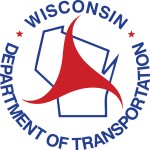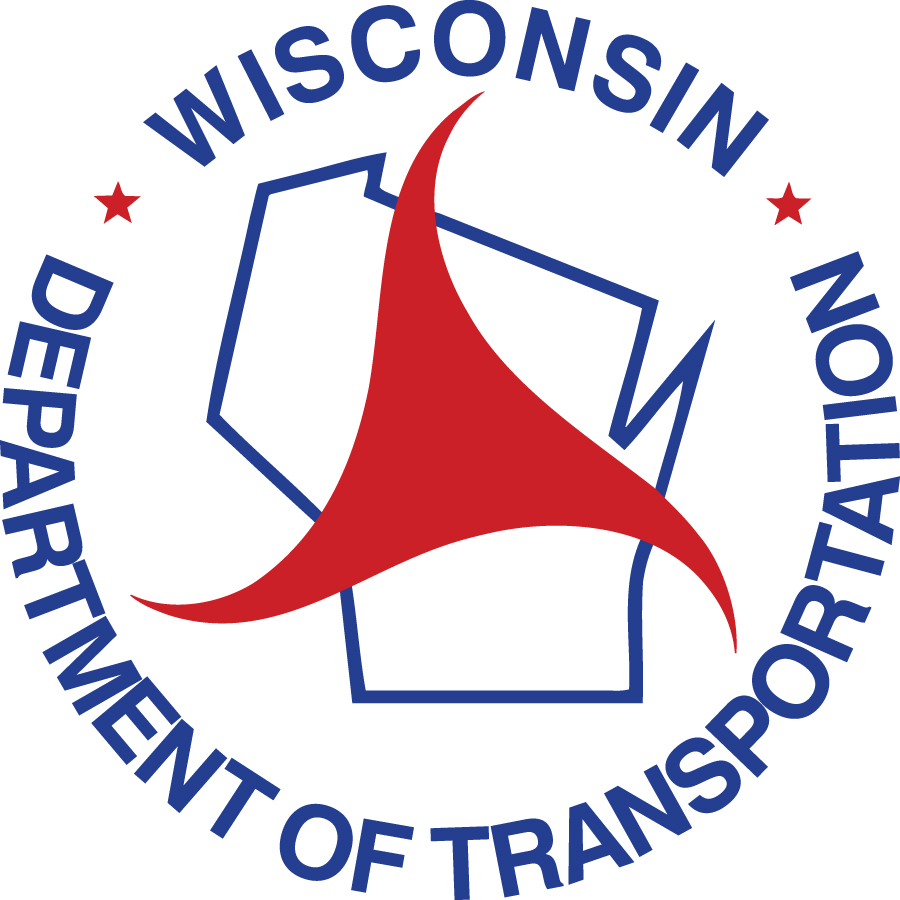April is National Distracted Driving Awareness Month
Wisconsin DOT messages feature the LG U.S. National Texting Champion from Rhinelander
Congress has designated April as National Distracted Driving Awareness Month, and the Wisconsin Department of Transportation (WisDOT) will use this opportunity to remind drivers to pay attention to what’s really important when they’re behind the wheel.
“Despite laws to prevent distracted driving, people frequently talk and text on cell phones while behind the wheel. They eat a meal. They rummage for things on the seats, floor, dashboard or compartments. They even stare intently in the rearview mirror to comb their hair or apply make-up. Their attention is focused everywhere except where it should be, which is on the road,” says David Pabst, director of the WisDOT Bureau of Transportation Safety. “Because they’re not paying attention to traffic conditions and road hazards, distracted drivers risk causing a crash or failing to avoid one.”
Although many activities are distractions while driving, significant public and legislative attention has been focused on talking and texting on cell phones. In 2012, a state law went into effect that prohibits drivers with an instruction permit or probationary license, which includes many teenagers, from “using a cellular or other wireless telephone except to report an emergency” while driving. A previously enacted state law made texting while driving illegal for all motorists.
To help motivate drivers to never text while driving, WisDOT will sponsor TV and radio messages statewide in April featuring Austin Wierschke of Rhinelander, who is the reigning two-time LG U.S. National Texting Champion.
In the messages, Wierschke maintains his amazing texting abilities even while engaged in extraordinary physical activities. But he also emphasizes, “I never text while driving” because it’s too dangerous. The messages are available online along with behind-the-scenes footage and interviews at the WisDOT website: www.zeroinwisconsin.gov.
WisDOT will use the TV and radio messages to help prevent traffic crashes, which are the number one cause of death for teenagers nationwide. In a national Pew Research study, 40 percent of American teens say they have been in a car when the driver used a cell phone in a way that put people in danger. The National Highway Traffic Safety Administration reports that 11 percent of all drivers under the age of 20 involved in fatal crashes were distracted at the time of the crash. This age group has the largest proportion of drivers who were distracted.
Texting and cell phone use are just two of many types of distractions that increase the risk of a traffic crash. And a few seconds of inattention can have tragic consequences, according to Pabst.
“Every time you drive, you are legally and morally responsible for safely operating a potentially destructive and even deadly force,” he says. “That’s why driving requires your undivided attention. Any lapse in attention to traffic or road conditions is a grave danger to you, your passengers and everyone else on the road. No attempt to multi-task in your vehicle, no phone call, and no text message is more important than a human life.”
To prevent distractions from cell phone use and texting while driving, WisDOT and the State Patrol advise all drivers to:
- Turn off your phone or switch to a silent mode.
- Use voice mail to tell callers that you’re driving and will return the call as soon as possible.
- If you absolutely need to use your cell phone to call or text, pull over to a safe area.
- Ask a passenger to make a call or text for you.
- Download a mobile app that prevents texting while driving.
NOTE: This press release was submitted to Urban Milwaukee and was not written by an Urban Milwaukee writer. While it is believed to be reliable, Urban Milwaukee does not guarantee its accuracy or completeness.
Mentioned in This Press Release
Recent Press Releases by Wisconsin Department of Transportation
Frozen Road Law Covers All Zones in Wisconsin
Feb 5th, 2026 by Wisconsin Department of TransportationLaw increases weight limits for log haulers, transport of road salt/sand






















